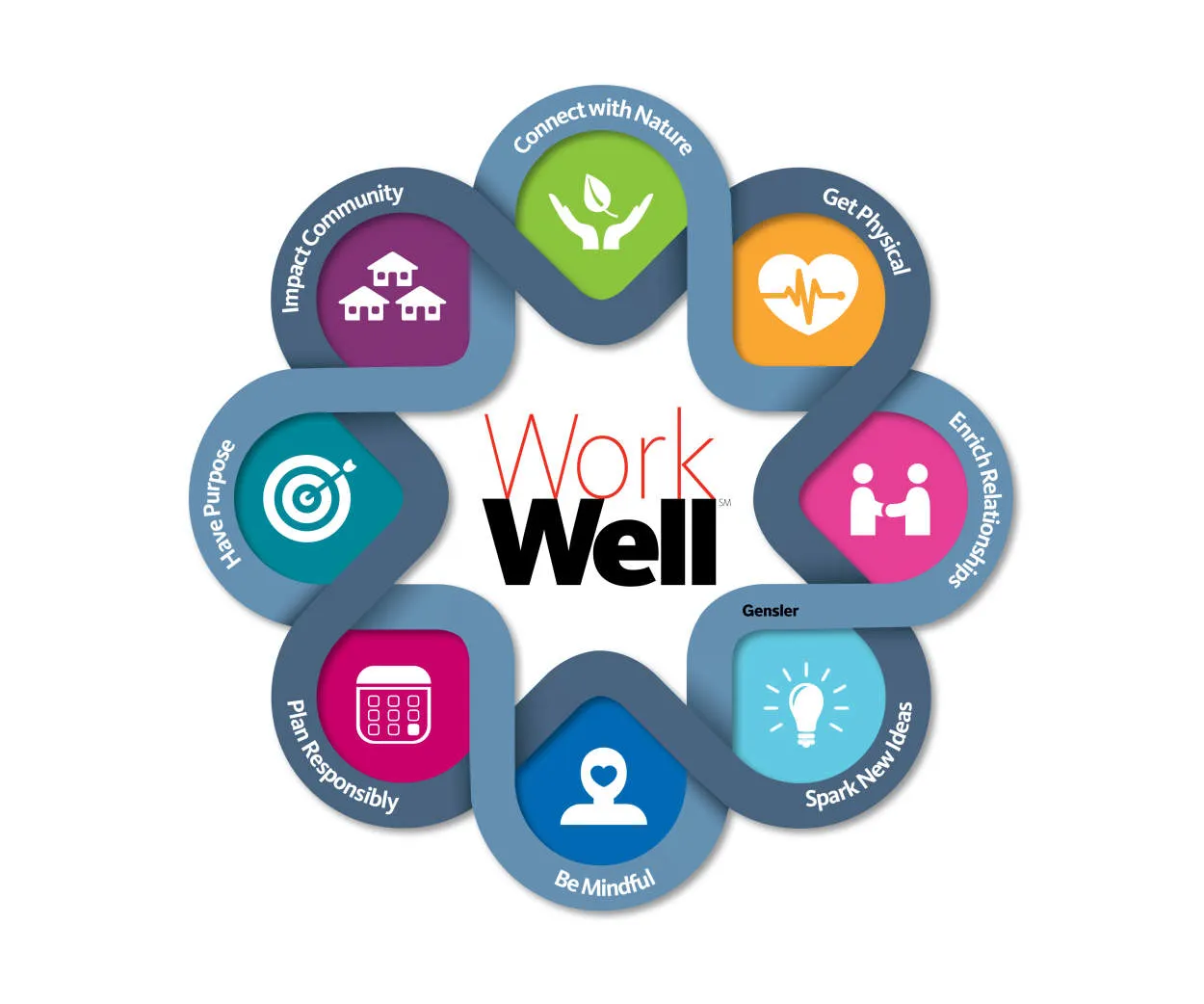Emotional Wellness in the Workplace: A crucial aspect often overlooked, emotional wellness plays a significant role in overall employee well-being and productivity. This article explores the importance of promoting emotional wellness in the workplace and provides insights on how to create a supportive and healthy work environment.
Recognizing and Managing Stress at Work
In today’s fast-paced work environment, stress has become a common occurrence for many employees. Recognizing and managing stress at work is crucial for maintaining emotional wellness in the workplace.
Identifying Symptoms of Work-Related Stress
It is essential to be aware of the symptoms that indicate work-related stress. These symptoms can include fatigue, irritability, difficulty concentrating, and decreased productivity. Physical manifestations such as headaches, stomachaches, and sleep disturbances may also be present.
Causes of Stress in the Workplace
Several factors contribute to stress at work. High workloads, tight deadlines, conflicts with colleagues, and a lack of control or autonomy are common stressors. Additionally, poor communication, inadequate support from supervisors, and a negative work environment can exacerbate stress levels.
Effective Stress Management Techniques
To manage stress effectively, employees can adopt various strategies. These include practicing good time management, setting realistic goals, and maintaining a healthy work-life balance. Engaging in regular exercise, seeking support from coworkers or a mentor, and using relaxation techniques such as deep breathing or meditation can also be helpful in managing stress.
Seeking Support and Resources
It is important for employers to create an environment that supports employees’ mental health. This can be achieved by offering employee assistance programs, promoting open communication, and providing resources for stress management. Seeking professional help, such as counseling services, can be beneficial for individuals struggling with chronic or severe work-related stress.
Conclusion
Recognizing and managing stress at work is crucial for maintaining emotional wellness in the workplace. By being aware of the symptoms, identifying the causes, and implementing effective stress management techniques, employees can create a healthier and more productive work environment.
Cultivating Positive Relationships with Coworkers
In today’s fast-paced work environment, emotional wellness plays a vital role in the overall well-being of employees. One aspect of emotional wellness is fostering positive relationships with coworkers. Building and maintaining strong relationships with colleagues not only improves the work atmosphere but also enhances productivity and job satisfaction.
One way to cultivate positive relationships with coworkers is through effective communication. By actively listening and expressing oneself clearly and respectfully, misunderstandings can be minimized and conflicts can be resolved. Open and honest communication fosters trust and creates a supportive work environment.
Another important aspect is teamwork. Collaborating with others and being a reliable team player helps to establish positive connections. By sharing knowledge, supporting each other’s ideas, and celebrating achievements together, strong bonds can be formed.
Showing appreciation and recognition for coworkers’ contributions is also crucial. Small gestures like saying thank you, acknowledging someone’s hard work, or giving compliments can go a long way in building positive relationships. Everyone likes to feel valued and appreciated.
Lastly, it is essential to maintain a positive attitude and be respectful towards colleagues. A positive attitude not only boosts personal well-being but also influences the overall work atmosphere. Showing respect for diverse opinions and treating each other with kindness and empathy creates a harmonious workplace.
In conclusion, cultivating positive relationships with coworkers is an integral part of maintaining emotional wellness in the workplace. Effective communication, teamwork, appreciation, and a positive attitude are key ingredients for fostering strong bonds. By investing time and effort into nurturing these relationships, individuals can contribute to a happier and more productive work environment.
Developing Emotional Intelligence for Work-Life Balance
Emotional wellness is crucial in maintaining a healthy work-life balance. In today’s fast-paced and stressful work environment, it is essential to develop emotional intelligence as a means to cope with the challenges and pressures that come our way.
Firstly, it is important to understand what emotional intelligence entails. It refers to the ability to recognize and manage our own emotions, as well as effectively handle the emotions of others. By having a strong emotional intelligence, individuals can navigate through conflicts, build positive relationships, and make sound decisions.
One way to enhance emotional intelligence is through self-awareness. Taking the time to reflect on our emotions, thoughts, and behaviors allows us to understand ourselves better. This self-awareness helps in recognizing our triggers and managing our reactions in a more constructive manner.
Another aspect of developing emotional intelligence is empathy. This involves putting ourselves in someone else’s shoes and trying to understand their feelings and perspective. By being empathetic, we can foster better communication and build stronger connections with others in the workplace.
Furthermore, emotional intelligence includes having good emotional regulation skills. This means being able to manage our emotions effectively and avoid impulsive or irrational behavior. By practicing self-control and finding healthy outlets for stress, we can maintain a sense of calmness and composure even in challenging situations.
To develop emotional intelligence, it is crucial to have ongoing self-reflection and continuous learning. This can be achieved through various means, such as seeking feedback, attending workshops or training programs, and reading relevant literature on the topic. By actively improving our emotional intelligence, we can create a more harmonious work-life balance and thrive in our professional and personal lives.
Conclusion
Emotional wellness is essential in maintaining a healthy and productive workplace environment. By prioritizing employee well-being and creating a supportive culture, organizations can foster positive emotional experiences and enhance overall job satisfaction. Investing in activities like promoting work-life balance, providing resources for mental health, and fostering open communication can greatly contribute to emotional wellness in the workplace.




